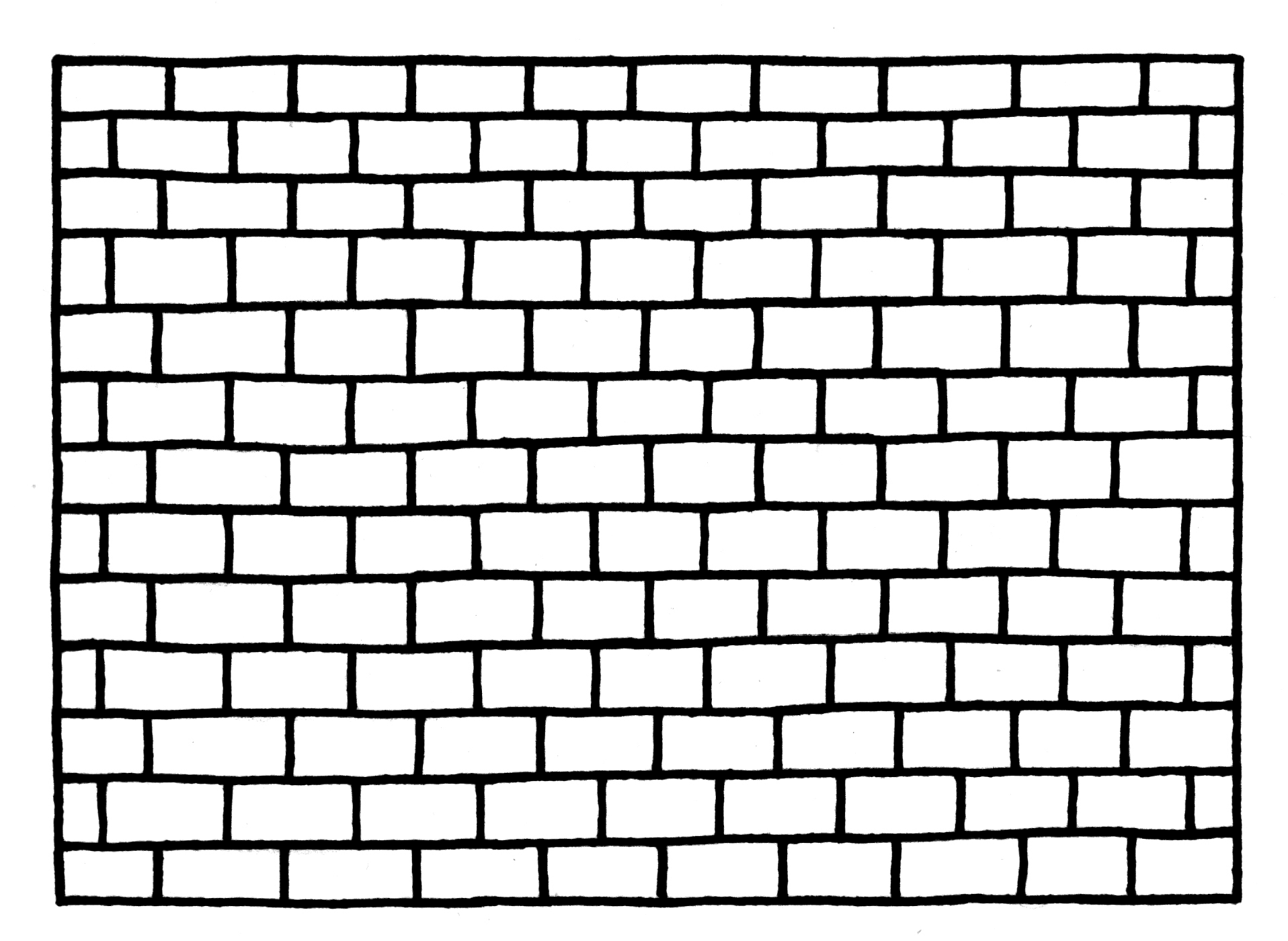ECJ prohibits downloading from illegal sources
The European Court of Justice (ECJ) rendered its judgment in the private copying fee case. The Court held that in the amount of the fee which is due for making private copies of a protected work, no account shall be taken of any unauthorised reproductions. The fact that no technical provision exists to oppose to the production of unauthorised private copies, cannot undermine this conclusion.
The Court rules that if the member states would be free to enact legislation under which it, inter alia, is authorised to reproduce for private use from an unauthorised source, this would clearly affect the proper function of the internal market.
Also, the objective of proper support for the dissemination of culture must not be achieved by sacrificing strict protection of rights or by tolerating illegal forms of distribution of counterfeited or pirated works.
Accordingly, the Court held that national legislation which makes no distinction between copies for private use made of lawful sources, and copies for private use made of counterfeited or pirated sources, cannot be tolerated.
In a response to the ruling, the Dutch government says that it is immediately prohibited to download copyrighted material from illegal sources, for example via torrentsites and newsgroups.
The ruling has implications for the general administrative measure, in which private copying levies are arranged on media such as smart phones, phones with MP-3 players, tablets and HDD recorders. Other major consequences are that rightholders will challenge illegal downloading of consumers. However, enforcement is very difficult and chances are that the creators, performers and consumers will be far worse off than under the levy system.
Author: Martine Brons.

